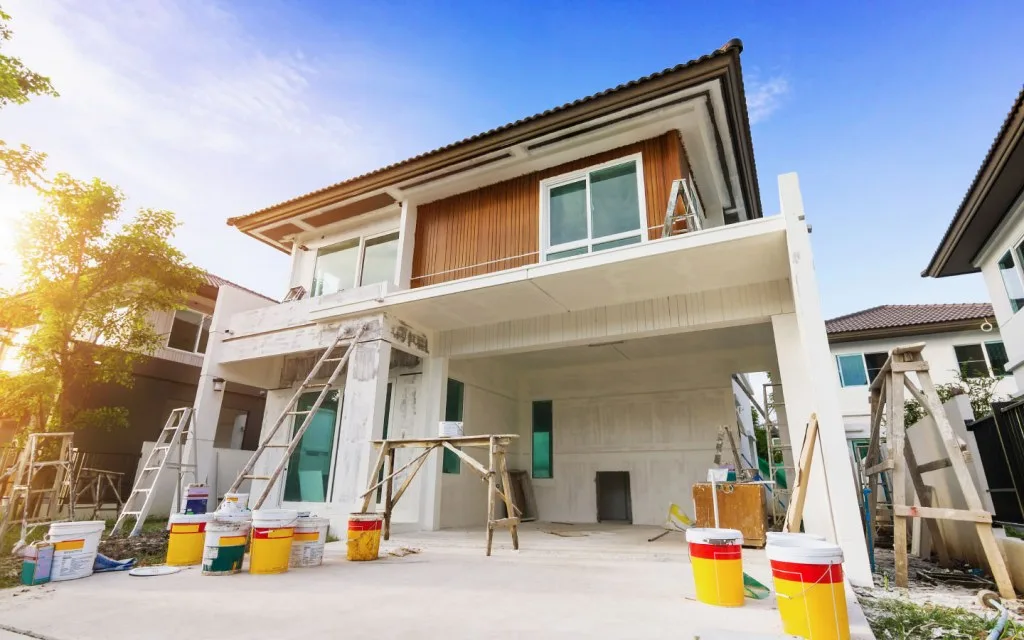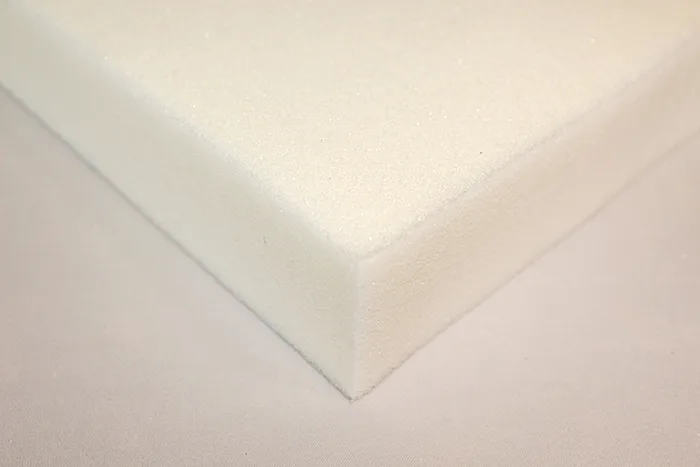When it comes to improving a property, not many things compare to the classic beauty and usefulness of a well-built wood fence. A high-quality Wood Fence Installation may turn your outside area into a secure and beautiful haven, enhancing curb appeal and providing privacy. Let’s examine the reasons behind the popularity of wood fences and how to guarantee the greatest outcomes.
Why Choose Wood Fences?
Wood fences have long been cherished for their natural beauty, versatility, and durability. Here are some reasons why they remain a top choice for homeowners across the United States:
- Aesthetic Appeal: Wood fences exude a classic, rustic charm that complements various architectural styles, from traditional to contemporary.
- Customization: Wood offers endless design possibilities, allowing you to tailor your fence to match your unique preferences and property requirements.
- Durability: When properly maintained, wood fences can withstand the elements and last for decades, providing long-term value and protection.
- Environmentally Friendly: Wood is a renewable resource, making it an eco-friendly option for environmentally conscious homeowners.
Key Considerations for Wood Fence Installation
Achieving a quality Wood Fence Installation involves careful planning and execution. Here are essential factors to keep in mind:
- Choose the Right Type of Wood: Select a wood species that suits your aesthetic preferences, budget, and climate conditions. Popular choices include cedar, redwood, and pressure-treated pine.
- Set Proper Post Spacing: Properly spaced fence posts are crucial for structural integrity and stability. Follow manufacturer recommendations and local building codes to determine the optimal distance between posts.
- Use Quality Materials: Invest in high-quality wood, fasteners, and hardware to ensure the longevity and performance of your fence. Cheap materials may compromise durability and lead to premature deterioration.
- Professional Installation: While DIY installation is an option for some homeowners, hiring experienced professionals ensures precision, efficiency, and compliance with building regulations. Plus, professionals can offer valuable insights and expertise to achieve optimal results.
Maintaining Your Wood Fence
To preserve the beauty and integrity of your wood fence, regular maintenance is essential. Here are some maintenance tips:
- Cleaning: Periodically clean your fence with mild soap and water to remove dirt, grime, and mildew.
- Sealing or Staining: Apply a protective sealant or stain to enhance the wood’s resistance to moisture, UV rays, and rot. Reapply as needed according to the manufacturer’s instructions.
- Inspect for Damage: Routinely inspect your fence for signs of damage, such as rot, insect infestation, or loose boards. Promptly address any issues to prevent further deterioration.
- Trim Vegetation: Trim plants and shrubs near your fence to prevent moisture buildup and minimize the risk of pests and decay.
Best Vinyl Fence: A Low-Maintenance Alternative
While wood fences offer undeniable charm and warmth, some homeowners prefer the low-maintenance benefits of vinyl fencing. Here’s why Best Vinyl Fence stands out as an excellent alternative:
- Durability: Vinyl fences are highly durable and resistant to rot, decay, and insect damage, making them ideal for humid or wet climates.
- Low Maintenance: Unlike wood, vinyl fences require minimal upkeep. They don’t need painting, staining, or sealing, saving you time and effort.
- Variety of Styles: Best Vinyl Fence offers a wide range of styles, colors, and textures to suit any architectural theme or design preference.
- Longevity: With proper care, vinyl fences can last for decades, maintaining their appearance and structural integrity over time.
Conclusion
Investing in a quality fence, whether it’s a classic wood installation or a low-maintenance vinyl option, adds value, beauty, and functionality to your property. By understanding your needs, choosing the right materials, and prioritizing proper installation and maintenance, you can enjoy the benefits of your fence for years to come. Whether you prefer the natural warmth of wood or the modern convenience of Best Vinyl Fence, make an informed decision that reflects your style and enhances your outdoor space. If you have any further questions or need assistance, don’t hesitate to reach out to a professional fencing contractor for guidance and support.
FAQs (Frequently Asked Questions)
Wood Fence Installation:
- How long does a wood fence installation typically take?
- The duration of a Wood Fence Installation varies depending on factors such as the size of the project, terrain, and weather conditions. On average, it can take anywhere from a few days to a couple of weeks.
- What type of wood is best for a fence?
- Cedar and redwood are popular choices for their natural resistance to decay and insects. Pressure-treated pine is also a cost-effective option known for its durability.
- Do I need to apply a sealant or stain to my wood fence?
- While not mandatory, applying a sealant or stain can prolong the life of your wood fence by protecting it from moisture, UV rays, and other elements. It also enhances the wood’s natural beauty.
- How do I know if my fence needs repairs?
- Signs of damage such as rotting wood, loose boards, leaning posts, or insect infestation indicate the need for repairs. Regular inspections can help detect issues early on.
Best Vinyl Fence:
- Are vinyl fences environmentally friendly?
- Vinyl fences are made from PVC (polyvinyl chloride), which is a type of plastic. While vinyl fences are not biodegradable, they are recyclable and can last for decades, reducing the need for replacement.
- Can vinyl fences withstand harsh weather conditions?
- Yes, vinyl fences are designed to withstand various weather conditions, including rain, snow, and extreme temperatures. They are resistant to rot, rust, and corrosion.
- Do vinyl fences require any maintenance?
- Unlike wood fences, vinyl fences require minimal maintenance. Periodic cleaning with soap and water is usually sufficient to keep them looking their best.
- Are vinyl fences more expensive than wood fences?
- Initially, vinyl fences may have a higher upfront cost than wood fences. However, considering the low maintenance requirements and long lifespan of vinyl, they can be more cost-effective in the long run.



